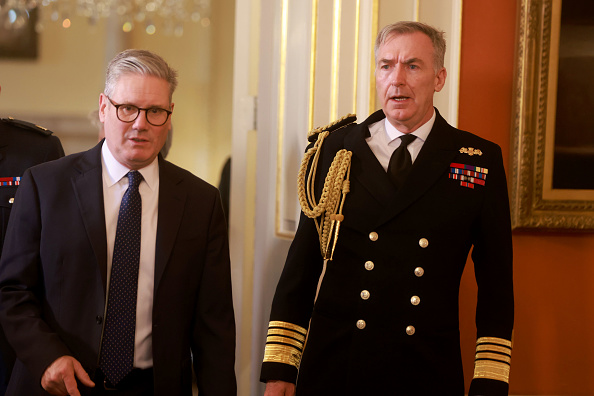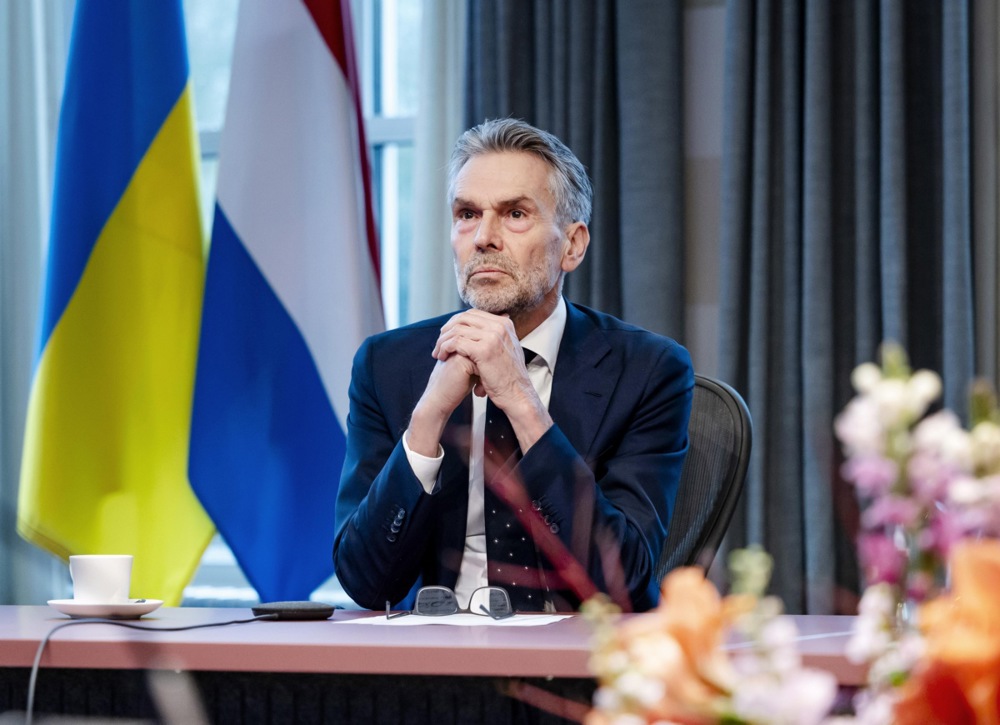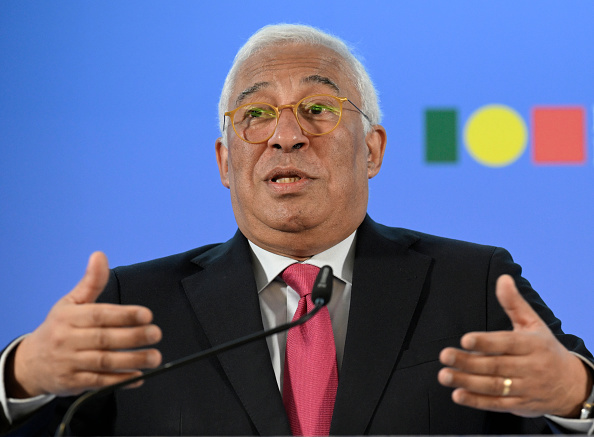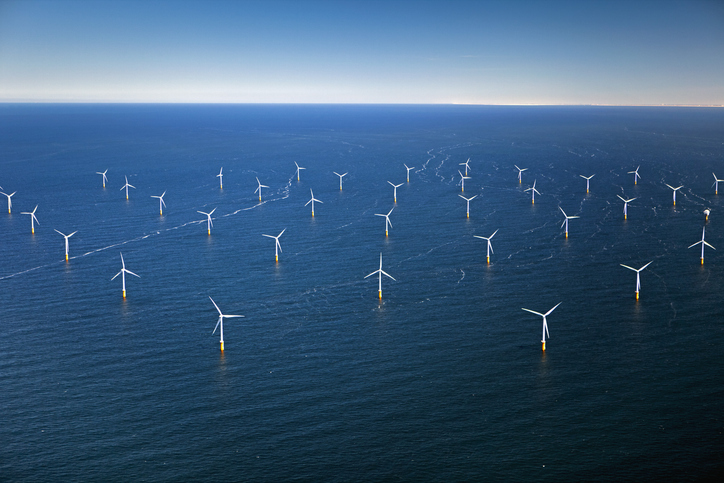Danish PM Mette Frederiksen’s call on other EU leaders to “spend, spend, spend” on defence and deterrence has seen new resistance from countries like Portugal, which faces elections and was therefore attempting to drive its debt levels down.
Portugal, with its government facing elections in May, would not let rising defence spending eat up its hard-won budget surplus, finance minister Joaquim Miranda Sarmento said on March 31.
“With real GDP growth of around 2 per cent, the defence spending increase will always be limited by maintaining a small fiscal surplus,” Sarmento added.
The Portuguese Social Democrat-CDS government held a 3.9 per cent lead in March 27 polls.
France, Italy, and Spain have similarly balked at Ursula von der Leyen’s call for EU members to invest in defence spending through further indebting themselves with cheap loans.
These southern European countries have instead pushed for defence bonds, financed by EU borrowing in capital markets.
This idea, however, has generally seen resistance from the more fiscally hawkish Germany and the Netherlands.
Rising debt levels across the EU made borrowing to buy arms a difficult prospect for many members, said Professor Ellis Cashmore at Aston University.
Using national debt to boost EU defence spending was “easier said than done”, given six EU members already had debt levels exceeding 100 per cent of their GDP, said Cashmore.
The European People’s Party–dominated by Germany’s Christian Democrats– had surprised observers by endorsing von der Leyen’s plan for EU common debt at a recent European Council meeting.
The EPP’s endorsement, though, did not go over well in Sweden, or for that matter, in Germany.
Increasing debt levels would push up interest rates across the EU and cause public deficits to “explode”, said Pieter Omtzigt, whose centre-right New Social Contract party was part of the Netherlands’ governing coalition.
Even as governments appeared sceptical about debt-fuelled defence investment, some investors appeared more bullish on Europe’s new race to increase its spending on defence.
Norway’s sovereign wealth fund, the world’s largest at $1.8 trillion, appeared to be developing into a key battle ground.
Although the current government’s rules restricted Norway’s oil wealth fund from investing in the defence sector, Conservative opposition leader Erna Solberg said on March 30 the fund’s rules should be changed to permit it to invest in defence companies like Boeing, Airbus, Lockheed Martin, and Honeywell.
Speaking of the rules, Solberg promised, “we’re going to take them away”. Norway faced parliamentary elections later this year.
Norway’s governing Labour party made a surprise move to boost its fortunes by parachuting former NATO head Jens Stoltenberg into the finance minister post.
Labour continued to maintain a 6.1 per cent advantage in March polls.





